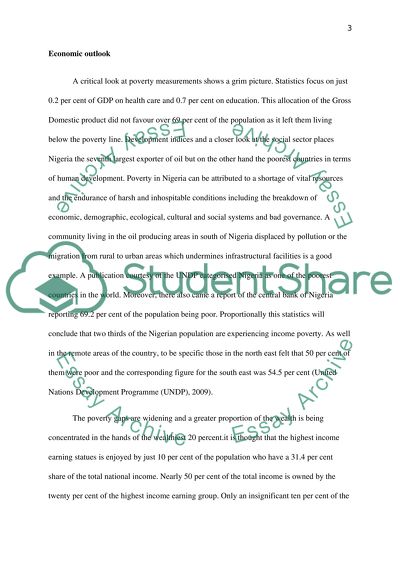Cite this document
(“Nigerias Growth and Economic Experience Essay Example | Topics and Well Written Essays - 1000 words”, n.d.)
Nigerias Growth and Economic Experience Essay Example | Topics and Well Written Essays - 1000 words. Retrieved from https://studentshare.org/macro-microeconomics/1490756-nigerias-growth-and-economic-experience
Nigerias Growth and Economic Experience Essay Example | Topics and Well Written Essays - 1000 words. Retrieved from https://studentshare.org/macro-microeconomics/1490756-nigerias-growth-and-economic-experience
(Nigerias Growth and Economic Experience Essay Example | Topics and Well Written Essays - 1000 Words)
Nigerias Growth and Economic Experience Essay Example | Topics and Well Written Essays - 1000 Words. https://studentshare.org/macro-microeconomics/1490756-nigerias-growth-and-economic-experience.
Nigerias Growth and Economic Experience Essay Example | Topics and Well Written Essays - 1000 Words. https://studentshare.org/macro-microeconomics/1490756-nigerias-growth-and-economic-experience.
“Nigerias Growth and Economic Experience Essay Example | Topics and Well Written Essays - 1000 Words”, n.d. https://studentshare.org/macro-microeconomics/1490756-nigerias-growth-and-economic-experience.


